An organisation representing nearly 6000 professional scientists working for the state of California has just won major pay increases, improved workplace protections and expanded benefits for its members, after voting to affiliate with the United Auto Workers (UAW) union earlier this year. The new three-year contract, ratified on 23 August, guarantees pay raises of between 9% and 23% over the contract’s term.
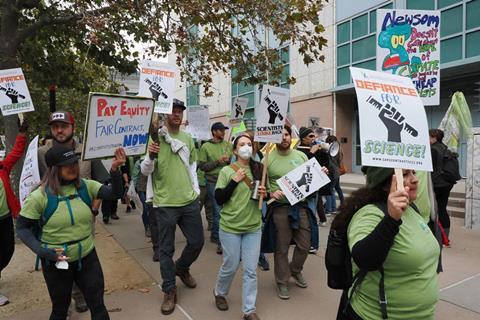
Members of the California Association of Professional Scientists (Caps), a state union founded in 1984, had been without a contract since 2020. The organisation reached a tentative agreement with the state to improve working conditions in 2022 but had to go back to the table after its members rejected the deal. The predominantly female union of scientists was getting paid 40% less than colleagues in a different bargaining unit of engineers, who were doing similar work but were predominantly male, explains Jacqueline Tkac, an environmental scientist and Caps board president. By the end of this year, she calculates that this salary differential will have shrunk to around 25%.
In addition, Caps had filed a lawsuit on behalf of state supervisors and managers in 2014 and won, which meant that supervisors and managers received pay raises of up to 43% overnight, but the rank-and-file got no salary increases. There was also serious concern about the lack of paid family leave and other key benefits.
Fruitless bargaining efforts with the state for three-and-a-half years led to three days of strikes in November, which Caps dubbed ‘Defiance for Science’, and then to a decision to affiliate with UAW in April. With its new leverage, Caps was able not only to negotiate pay raises in the new contract, but also up to eight weeks of paid family leave, improved benefits for non-work-related illnesses, longevity pay that starts at 2% and will eventually be up to 5.5% for those scientists with 20 or more years of state service, as well as pay weighting for scientists who are located in the costly six Bay Area counties.
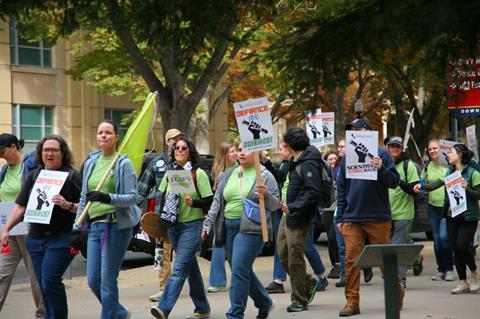
‘We went on strike because we had reached our breaking point – we had just reached an impasse,’ recalls Tkac. ‘It wasn’t until Caps affiliated with UAW that things took off,’ she continues. ‘The state respected the value of collective action and it made a huge difference, recognising that UAW has a lot of experience across all sectors in the fight to preserve and promote scientific integrity and ensure quality scientific programmes as well as a sustainable and [an] equitable future for all.’
The UAW has, for example, recently helped postdocs at the University of California campuses win a 57% salary increase.
The new Caps UAW unit represents the almost 6000 scientists, supervisors and managers who work in more than 50 departments across that state’s government.
Tkac’s advice for other researchers and scientist groups in dispute with employers over pay and working conditions is to unionise. She also recommends that they get involved in canvassing to help ensure that the people elected to public office acknowledge the need for collective bargaining rights where they don’t exist right now and the right to organise. ‘If you don’t play politics, it’ll play you,’ she warns.





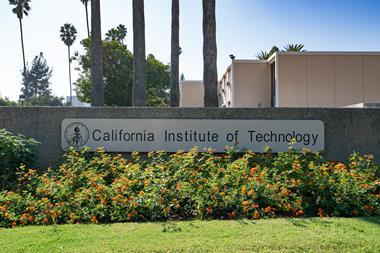


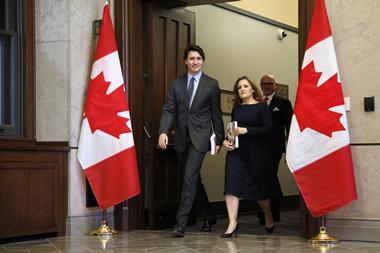
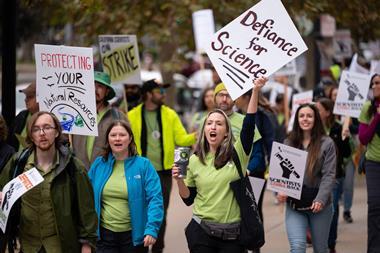







No comments yet